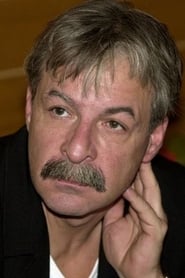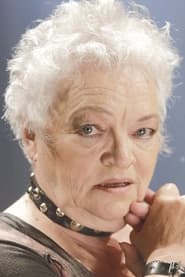Movie: Detvanček a Hopsasa
Top 10 Billed Cast
King
Queen
Detvanček
Detvanček (singing voice)
Hopsasa (singing voice)
Svätava
Jera (singing voice)

Detvanček a Hopsasa
HomePage
Overview
Release Date
1982-01-01
Average
0
Rating:
0.0 startsTagline
Genres
Languages:
SlovenčinaKeywords
Similar Movies
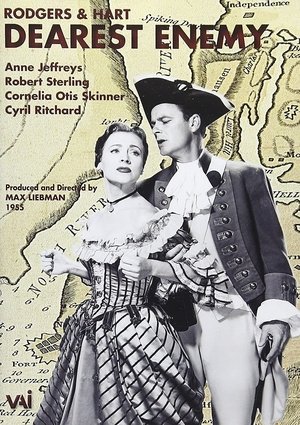 0.0
0.0Dearest Enemy(en)
This live TV adaptation of the Broadway musical "Dearest Enemy" from 1925 is based on an American Revolutionary War incident in September 1776 when Mary Lindley Murray, under orders from General George Washington, detained General William Howe and his British troops by serving them cake, wine and conversation in her Kips Bay, Manhattan home long enough for some 4,000 American soldiers, fleeing their loss in the Battle of Brooklyn, to reassemble in Washington Heights and join reinforcements to make a successful counterattack.
 5.9
5.9Hello Again(en)
Ten lost souls slip in and out of one another's arms in a daisy-chained musical exploration of love's bittersweet embrace. A film adaptation of Michael John LaChiusa's celebrated musical, originally based on Arthur Schnitzler's play, La Ronde.
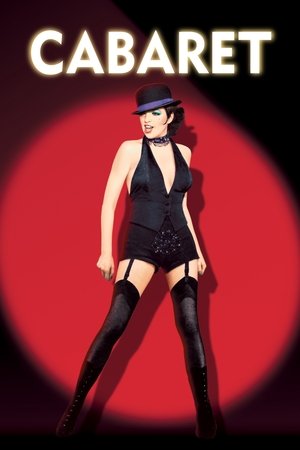 7.4
7.4Cabaret(en)
Inside the Kit Kat Club of 1931 Berlin, starry-eyed singer Sally Bowles and an impish emcee sound the clarion call to decadent fun, while outside a certain political party grows into a brutal force.
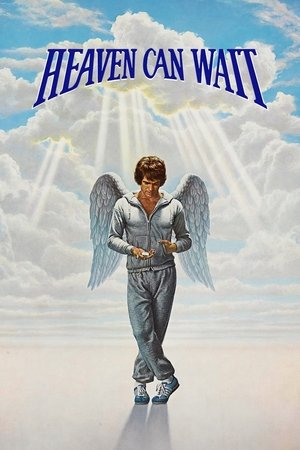 6.6
6.6Heaven Can Wait(en)
Joe Pendleton is a quarterback preparing to lead his team to the superbowl when he is almost killed in an accident. An overanxious angel plucks him to heaven only to discover that he wasn't ready to die, and that his body has been cremated. A new body must be found, and that of a recently-murdered millionaire is chosen. His wife and accountant—the murderers—are confused by this development, as he buys the L.A. Rams in order to once again quarterback them into the Superbowl.
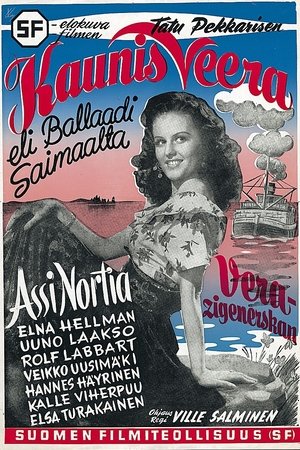 3.3
3.3Kaunis Veera eli ballaadi Saimaalta(fi)
Tar Steam Princess Armada travels along Lake Saimaa to St. Petersburg and back during the years of Russian rule over Finland. The ship's crew gets tired of their sophisticated coffee maker and replaces her with Roma girl Veera, who has escaped from an arranged marriage. On the way back, mysterious passengers appear on the ship.
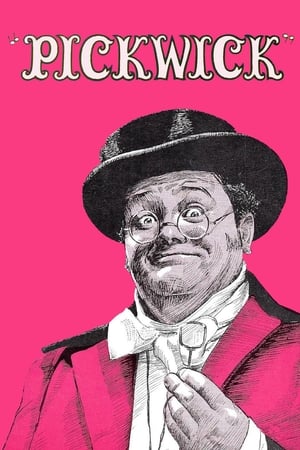 0.0
0.0Pickwick(en)
Pickwick is a British television musical made by the BBC in 1969 and based on the 1963 stage musical Pickwick, which in turn was based on the 1837 novel The Pickwick Papers written by Charles Dickens. It stars Harry Secombe as Samuel Pickwick and Roy Castle as Sam Weller. This television production was based on the stage musical Pickwick which had been a commercial success. It was adapted for the screen by James Gilbert and Jimmy Grafton. The musical had premiered in the West End in 1963, again with Harry Secombe in the lead role. Running at 90 minutes and made in colour, the TV musical again had lyrics by Leslie Bricusse and a score by Cyril Ornadel. The book was by Wolf Mankowitz and it was directed by Terry Hughes. The programme was first transmitted on 11 June 1969 and again on 26 December 1969. One of the better known songs from the score is "If I Ruled the World". The cast of this production differed somewhat from that of the stage musical.
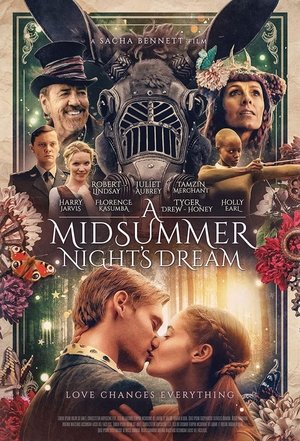 5.0
5.0A Midsummer Night's Dream(en)
Young lovers living under an oppressive state-rule flee their home-city to change their lives, and end up changing the world. After all, love changes everything.
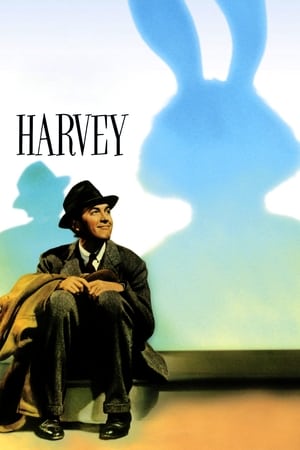 7.7
7.7Harvey(en)
The story of Elwood P. Dowd who makes friends with a spirit taking the form of a human-sized rabbit named Harvey that only he sees (and a few privileged others on occasion also.) After his sister tries to commit him to a mental institution, a comedy of errors ensues. Elwood and Harvey become the catalysts for a family mending its wounds and for romance blossoming in unexpected places.
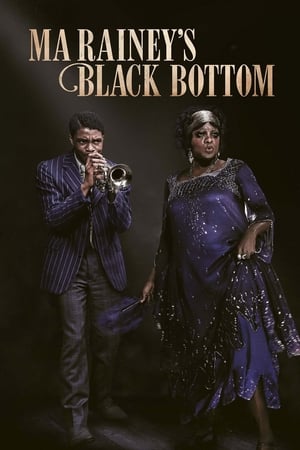 6.7
6.7Ma Rainey's Black Bottom(en)
Tensions rise when the trailblazing Mother of the Blues and her band gather at a Chicago recording studio in 1927. Adapted from August Wilson's play.
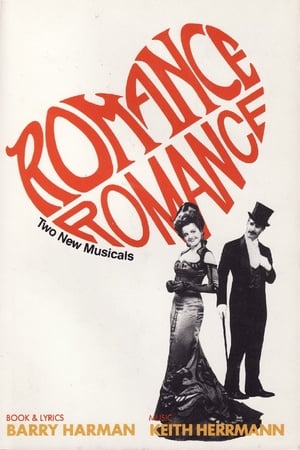 0.0
0.0Romance/Romance(en)
This delightful pairing of one-act musicals, one classic and one modern, takes a comical and moving look at the mysteries of love. Act I, based on Schnitzler's The Little Comedy, is a delightful romp through the sexual ennui of turn-of-the-century Vienna, as two wealthy but bored socialites masquerade as impoverished bohemians seeking romance. Act II, based on the Jules Renard play Summer Share, explores modern affection and disaffection as two married couples share a summer house in the Hamptons. An Off-Off-Broadway sensation that successfully moved to Broadway, Romance/Romance is a charming and tuneful small-cast gem, here filmed live for television.
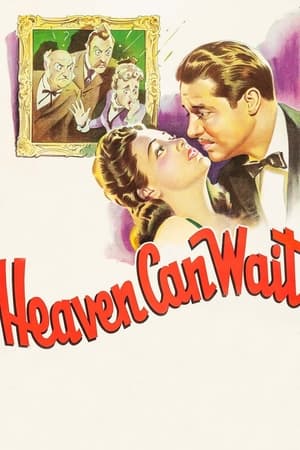 6.9
6.9Heaven Can Wait(en)
Spoiled playboy Henry van Cleve dies and arrives at the entrance to Hell, a final destination he is sure he deserves after living a life of profligacy. The devil, however, isn't so sure Henry meets Hell's standards. Convinced he is where he belongs, Henry recounts his life's deeds, both good and bad, including an act of indiscretion during his 25-year marriage to his wife, Martha, with the hope that "His Excellency" will arrive at the proper judgment.
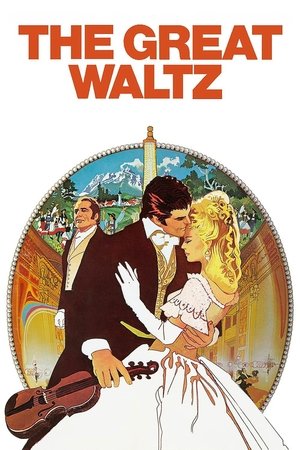 5.0
5.0The Great Waltz(en)
A musical based on the life and music of Johann Strauss, Jr.
Faust(de)
Faust, an old, bright but desperate man, struggles with the sense of his life. After trying all kinds of sciences he enters into a contract with the devil, Mephistopheles, to feel life, joy and desire again. Mephistopheles promises him to get full satisfaction by enjoying and celebrating all the worldly pleasures: outstanding parties, being young again, the love of a woman. To fulfill the pact, Faust offers him his soul after his death. Their journey begins and leaves many people in total despair...
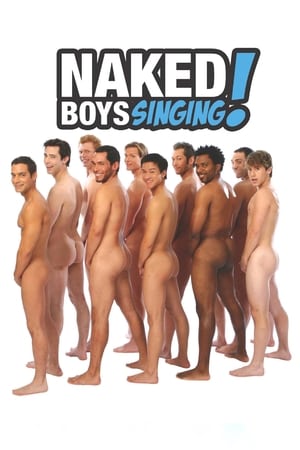 5.0
5.0Naked Boys Singing!(en)
This whimsical Off-Broadway hit musical is aptly reworked and transferred to the screen. The self-descriptively titled Naked Boys Singing is a musical revue of songs that poke fun at gay life, body image, love, loss and yearning.
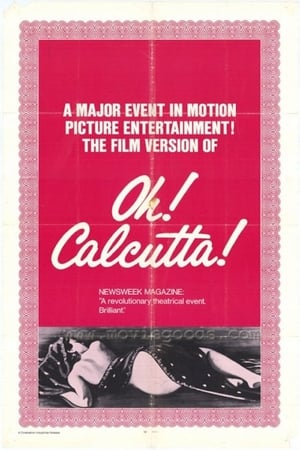 2.7
2.7Oh! Calcutta!(en)
Based on the controversial off-Broadway musical comedy revue, "Oh! Calcutta!" is a series of musical numbers about sex and sexual mores. Most of the skits feature one or more performers in a state of undress, simulating sex, or both. The show sparked considerable controversy at the time because it featured extended scenes of total nudity, both male and female. The title is taken from a painting by Clovis Trouille, itself a pun on "O quel cul t'as!" French for "What an arse you have!".


